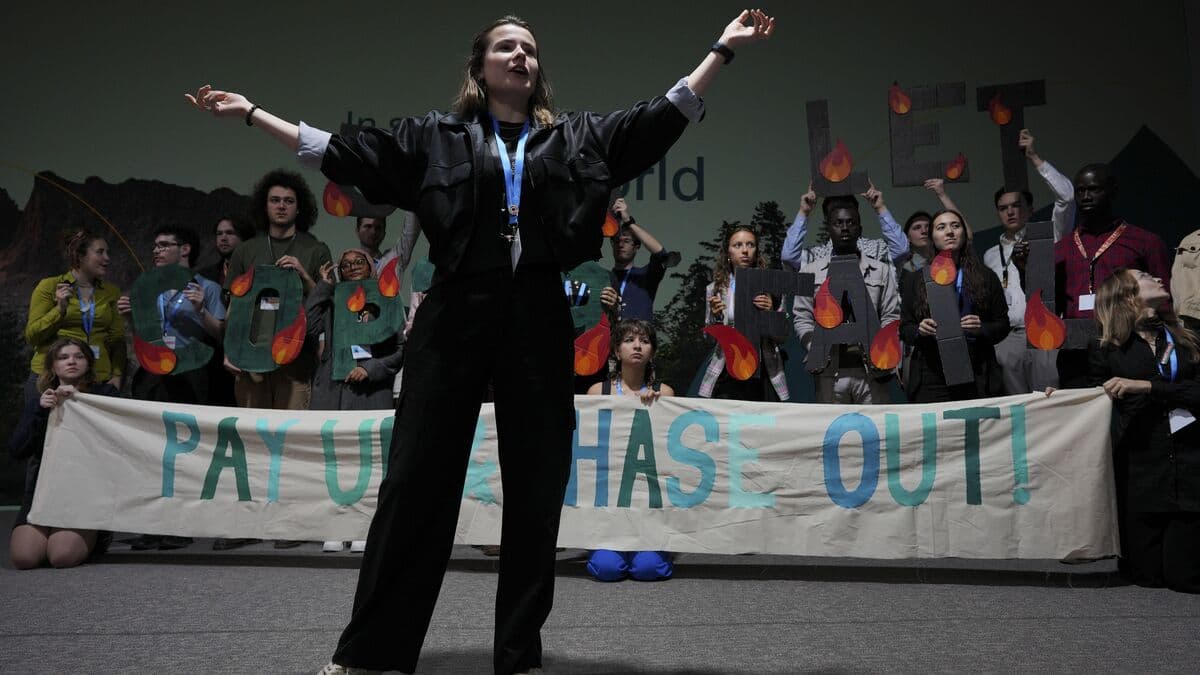Fossil fuel lobbyists are flocking to the UN climate summits in their thousands, aiming to slow down the process of phasing out coal, oil and gas, which when burned produce emissions that warm the planet.
In March, the organization Transparency International had enough, and in an open letter together with other organizations asked for a stop to the fossil fuel lobby from participating in countries' delegations at summits.
According to Áron Suba, campaign manager at the organization, the lobbyists are so numerous that it risks affecting the effectiveness of the entire climate meeting.
"We see insufficient progress in climate action. One of the reasons is the lack of transparency around the participation and influence of the fossil fuel industry," he says.
Inducted as "experts"
Christina Toenshoff, a lecturer at Leiden University in the Netherlands, studies how interest groups influence climate policy. She says fossil fuel lobbying can involve financial contributions, gifts and promises of future items. It is also about information, providing “expert knowledge” to politicians.
Much of the research shows that lobbyists often go to politicians who are already on their side, who can help them strengthen their arguments, give them information, help them write legal texts. It's much easier than convincing the other side.
Got rid of "fossil fuels"
Some even make their way into the countries' delegations, i.e. those who are supposed to negotiate the climate agreements. This may not be entirely unexpected in countries like the Gulf States or Russia, but even France, for example, has brought representatives from the energy companies Total Energies and EDF.
Those people are actually in the negotiating room and can influence which words are written into the agreements, says Toenshoff.
A concrete example that she suspects can be attributed to the fossil fuel industry is that the words "fossil fuels" do not even appear in the final document from the last climate summit in Baku.
A lot of the work has also taken place long before the climate summit itself.
This year, the national climate plans (NDCs) will be submitted. There is much to be gained from influencing the plans.
So much of the lobbying work takes place in the capitals, or in the EU's case in Brussels, she says.
Facts: Fossil lobbyists at the climate summit
TT
At last year's climate summit in Baku, Azerbaijan (COP29), more than 1,700 lobbyists from the coal, oil and gas industries were identified, according to the organization Kick Big Polluters Out.
This was significantly fewer than the 2,456 from the fossil fuel lobby accredited to the previous year's meeting in Dubai (COP28).
The phenomenon is not new, but the industry has been trying to influence the agenda since at least the 1980s.
88 percent of the 466 companies and industry organizations (including those outside the fossil fuel industry) that participated in the previous two years' meeting have not clearly shown their support for the Paris Agreement in the past two years.
Sources: The Conversation, The Guardian, Transparency International






